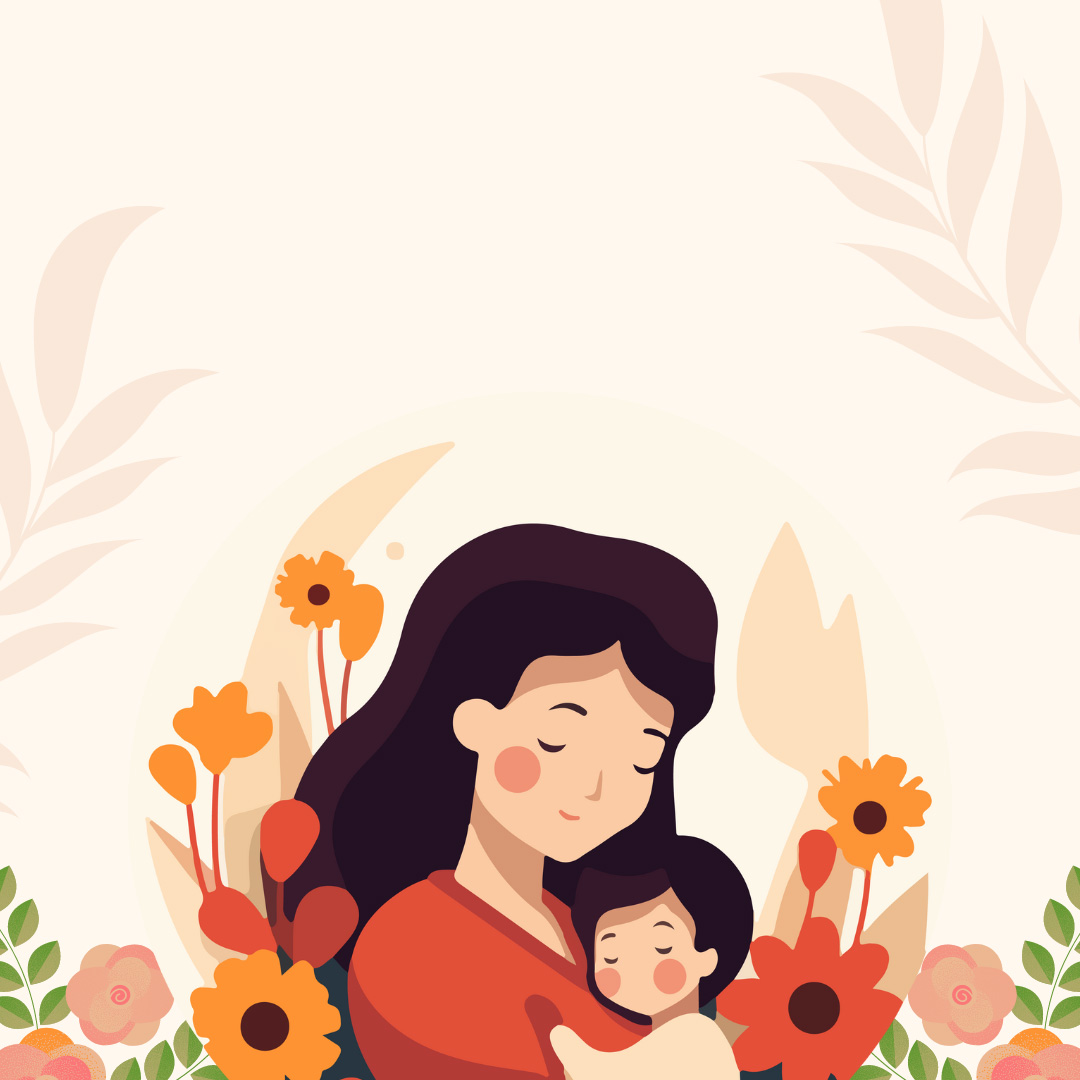Mother’s Day just took place this May, and as the month draws to a close, we want to take a moment to reflect and celebrate the incredible strength and love of mothers. To affirm and support them, we spoke with one of our counsellors, who is also a dedicated mother. She shared her personal experiences, challenges, and valuable advice for balancing the demands of motherhood and professional life. Through her insights, we aim to encourage and support all mothers, recognising the vital role they play as pillars of strength in our community.
Read on to explore her heartfelt responses.
What does being a mother mean to you?
Being a mother is all about selfless love and nurturing the life that is in your hands to the best of your abilities, knowledge, and capabilities.
How do you juggle between a parent and a counsellor?
As far as motherhood goes, I think one of the things I’ve learned is that it is not the quantity of time, but the quality of time that is very important. So, when you’re at home with your children, be present with them. Listen intently to what they share about their day or challenges. Quality time, even if short, makes a significant difference.
As someone who was a stay-at-home mum, do you have a message for other mothers who choose not to work after having children?
I want to give a word of encouragement to these mothers because they are making sacrifices in their careers to be stay-at-home mums. I was a stay-at-home mum for almost 14 years. Not all mothers can afford having such a big break as I did, but I think the time, no matter how short, is a great investment in your child’s future mental health and well-being.
I’ve learnt through my counselling practice that the first few years of a child’s life are the formative years where their brains make sense of the world around them, such as how safe the loving relationships they have are. Being there for your child prepares them for secure attachment and lays the foundation for their growth.
How do you balance work and being a mother?
For working mothers, I feel the biggest challenge is the guilt about not being present with their children. When you’re at work, you’re thinking about your kids, and when you’re home, you’re probably thinking about work. You’re in one place physically, but mentally you may be at another place, and I think that is not the greatest space to be in.
While you’re at work, what’s important is to make sure you take care of your mental health by taking breaks and having interactions with your colleagues. This helps to keep yourself at lower stress levels when you get home, so you’ll have more energy to spend quality time with your children after reaching home.
Any messages for new mums starting out this journey?
New motherhood can be exhausting with interrupted sleep and having to adjust to physical and physiological changes after giving birth. I think the biggest advice that really helped me was “take one day at a time”. You don’t have to be the perfect mother or a Supermum, just being there with your child’s life, and having your child know that you’re there, is doing a lot.
When you really need help, don’t be afraid to ask. As a first-time mother I wanted to do it all; I put unnecessary pressure on myself to do everything and I think that’s something I would have wanted to change.
Do you have a message to mothers who have children who are struggling with their mental health?
I know mothers who have children with very high levels of anxiety, who are refusing school, struggling with depression, or facing bullying in schools because they lack a sense of self-esteem. These are not typical mental illnesses, but these are challenges that children can go through, causing parents to feel lost and helpless.
To all the mothers out there who find themselves in this spot, I want to affirm that you are doing a great job, don’t be too harsh on yourself, you’re already doing the best that you can with the tools that you have. Ask for help if you need to. There are lots of resources in the community; talk to other mothers or join peer support groups that help mothers who are caregivers.
Sometimes, as a mother, it’s very difficult to see a child go through something like depression. What you can do is read up and find out what changes happen in the brain when someone is depressed and what interventions or tools are available to help you understand what your child is going through. And be that safe person that your child can always come back to when they’re afraid or lonely.
Most importantly, remember to be kind to yourself.
To ensure that our services remain accessible, subsidised counselling is also provided. For more information, click here.


